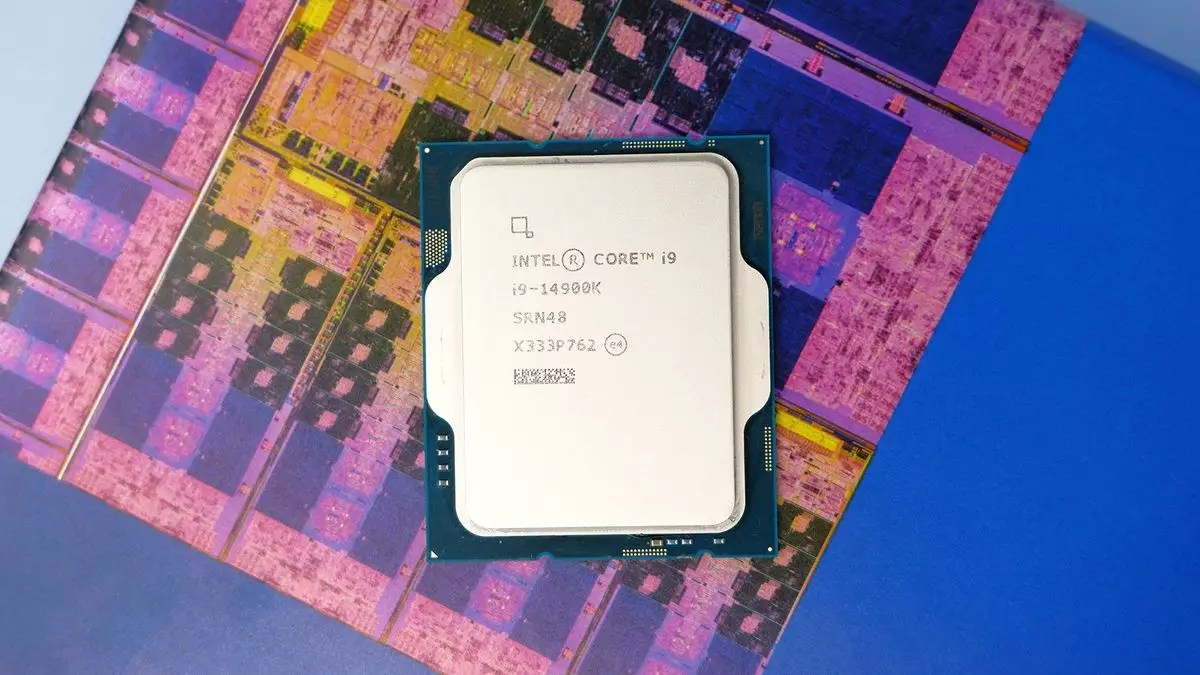In recent news, Intel Corporation has found itself under scrutiny as a class action lawsuit emerges, accusing the tech giant of selling defective processors that are inherently unstable and prone to crashing. This lawsuit, filed in federal court in California, brings to light serious allegations concerning the reliability of Intel’s 13th and 14th Generation processors, specifically the popular Core i7-13700K model. The plaintiff, Mark Vanvalkenburgh, who purchased his processor in January 2023, claims that despite attempts to remedy the situation using Intel’s microcode patches, the product remains faulty.
This situation raises significant questions not only about Intel’s product testing and quality assurance processes but also about its ethical responsibilities as a leading technology company.
Details of the Lawsuit
The lawsuit asserts that from late 2022 to early 2023, Intel had reasonable awareness of defects in its CPUs, which were reportedly failing at alarming rates. Vanvalkenburgh’s legal team argues that Intel actively monitored returns and defect reports, indicating that the company should have known about the issues long before they became publicly apparent. Such claims could be damaging—if verified—presenting evidence that Intel may have neglected its duty to consumers by continuing to sell faulty products.
The legal documents suggest that Intel’s testing protocols, which are standard for major tech corporations, revealed problems prior to the products hitting the market. This poses the troubling possibility that the company chose profits over proactive accountability. The implications of these revelations could be enormous, correlating with potential financial penalties and reputational damage should the courts find that Intel knowingly misled consumers.
One of the focal points of the lawsuit is the ineffectiveness of Intel’s microcode patches. While Intel claims to have released multiple iterations of patches to address the instability, Vanvalkenburgh’s experience shows a disconnect between Intel’s assurances and actual performance. Indeed, if the damage caused by voltage spikes is irreversible, as suggested by experts and confirmed by Intel’s responses, it casts doubt on the patch program’s overall efficacy.
The lawsuit raises a fundamental issue regarding consumer expectations and corporate responsibility. Users expect that products sold to them are not only functional upon purchase but that adequate support mechanisms are in place should complications arise. When a technology provider fails in this respect, as the plaintiff alleges, it opens the door for legal recourse.
Intel’s decision to extend warranties on Raptor Lake chips and implement enhanced return merchandise authorization (RMA) processes seems to be a reactive measure rather than a proactive one. While this may provide some reassurance to users affected by these flaws, it also points to an inability to preemptively resolve the issues before they escalated into a public relations nightmare. The swift adaptation of warranty policies could be perceived as an acknowledgment of an underlying crisis rather than a commitment to customer satisfaction.
As the lawsuit unfolds, consumers and Intel’s competitors alike are watching closely. The outcome could shape the future of Intel’s product quality and consumer trust, enforcing stricter standards for accountability in the technology sector.
Intel’s current predicament is emblematic of the broader challenges faced by legacy technology firms in maintaining brand integrity and public trust in a rapidly evolving marketplace. The class action lawsuit against Intel serves not only as a specific legal challenge but as a potential turning point for the industry. If allegations of negligence are substantiated, the consequences could resonate throughout the tech sector, leading to greater scrutiny of corporate practices.
As the trial approaches, it remains to be seen whether Intel will pursue a long battle in court or seek a swift settlement to mitigate the fallout. With the stakes so high, every decision made by the company could impact its reputation and customer relations for years to come. The unfolding drama is a stark reminder of the importance of quality assurance and ethical responsibility in today’s competitive technological landscape.


Leave a Reply